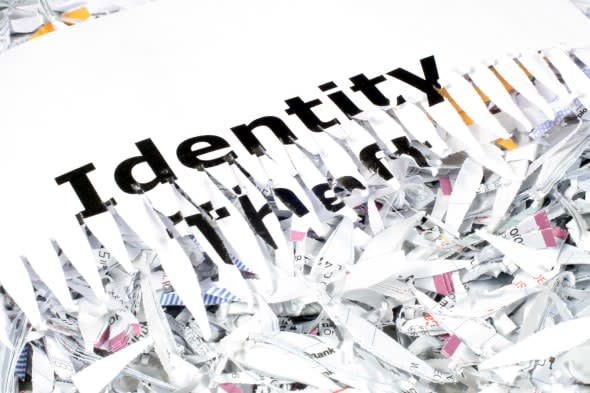Fraud aimed at over 55s soaring

A major piece of research has revealed a horrifying rise in fraud in the UK over the past year - with 758 frauds every day - or 31 every hour. The experts warned that we are now seeing fraud on an industrial scale, and that the number of over 55s being targeted by fraudsters has shot up in the past 12 months.
The CIFAS Fraudscape report found that fraud had jumped 25% in the past 12 months, and ID theft has risen 5%. The average age of an ID fraud victim is 46, but older people were found to be at particular risk. Almost two in five of all victims are aged over 50, and the number of people over the age of 55 becoming a victim of fraud is up 15%.
Worryingly they said that fraud is increasingly organised. The report noted that "The continuing rise in Identity Fraud is further evidence of the increasingly organised nature of fraud."
%VIRTUAL-ArticleSidebar-ID Fraud%
Victims face worse risks
It also found a rise in the kind of attacks that put the victims in most danger. As it becomes more difficult to take over people's accounts, the fraudsters have increasingly turned to phishing - where they persuade the victim to hand over their personal details.
It said that one common method was where the criminals call the victim and claim to be from their bank or the police. They say their account is at risk, so to protect them, they have set up a new account. They say all the victim needs to do is to transfer the money from their existing account to the new one. Once the transaction is complete, the fraudster disappears with their money.
The researchers pointed out that when a fraudster gets access to a bank and steals money directly, the bank is obliged to reimburse the victim. However where: "the customer voluntarily transfers their own money to the fraudster, then the bank has done nothing wrong and is under no legal obligation to repay the customer." They will work to try to follow the money and recover it, but where they cannot, there's no obligation to reimburse the money.
Protect yourself
CIFAs has called on the industry, the government and the police to crack down on ID theft, but they add that it's essential for individuals to play their part too. Action Fraud recommends a number of steps you should take to protect yourself from fraud.
1. Before you throw away anything with your name, address or financial details on it, you need to shred it.
2. If you are telephoned by someone who claims to be from your bank or building society and asks for your security details, never give them your full password, login details or account numbers. Someone genuinely from your bank would never ask for your PIN or for a whole security number or password.
3. If you are uncertain about a call you have received where the caller says they are from your bank, hang up, and call your bank (using the number printed on your statements) from another phone (making sure you can hear a dial tone before you call).
4. Check your statements carefully and query anything you don't recognise.
5. Don't leave bills or statements lying around; file them quickly and securely.
6. Be aware of when you are expecting a new bank card or cheque book, and call your bank if it doesn't arrive.
7. If you move house, have your post redirected through the Royal Mail for at least a year, and check your credit file a few months after the move to ensure nobody has taken the opportunity to steal your identity
Fraud on AOL Money
How to spot pension scammers
Card thieves use iPods to steal bank customers' PIN numbers
Woman sends $1.4 million to online romeo - is she being scammed?




